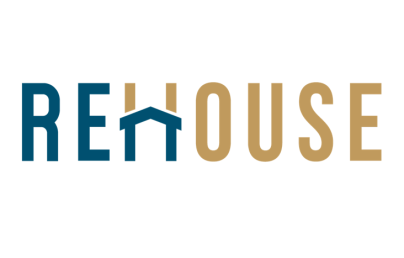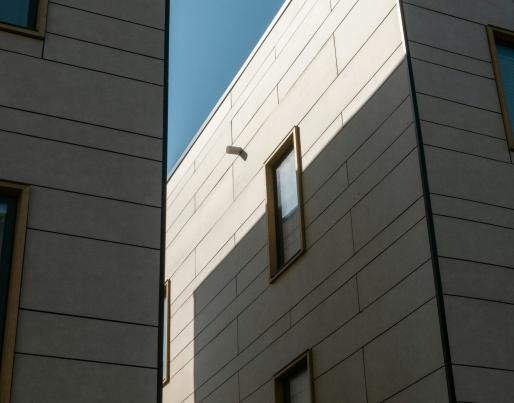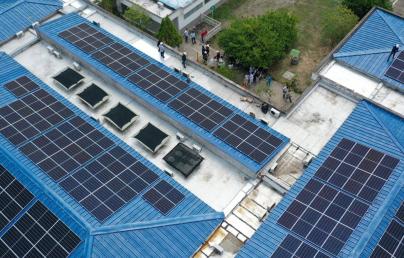
Net-zero buildings and communities as decentralised energy hubs: combating climate change

Net-zero buildings and communities as decentralised energy hubs: combating climate change
The IPCC report highlights that while 1.5°C warming is likely, urgent action on net-zero buildings and decentralised energy communities is crucial to prevent further warming and enhance climate resilience.
The latest IPCC report warns that 1.5°C of global warming is likely unavoidable, and preventing further warming to 2°C or 3°C is at risk with current policies.
To stay within a 1.5°C increase, the world must drastically cut fossil fuel use and increase clean energy adoption. Buildings, which contribute nearly 40% of emissions, need retrofitting to net-zero by 2050 and new ones to meet this standard by 2030. While some regions and cities are progressing, more action is needed.
Innovations like solar panels, electrification of homes, and passive house techniques are crucial.
Communities can play a key role by becoming decentralised energy hubs, trading energy and improving resilience, potentially leading to a more sustainable energy system.

